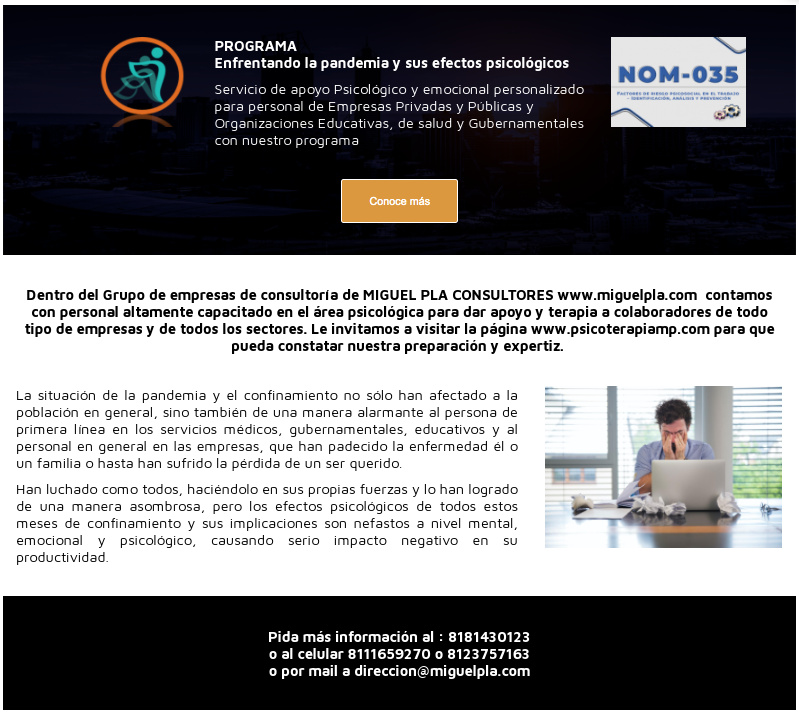¿Qué tan transparente es su cultura de relación?
Most people don’t realize that every relationship has a culture. You don’t usually think of culture operating at the relationship level, or driving individual behaviors, but it has the lead role. Drs. Blake and Mouton said “Culture is to the corporation as air is to man, so enveloping that unless something foul or fragrant is added, he is not aware of it.” And that applies for a multinational organization, or an individual family.
Our relationships are as unique as our individual personalities. Think of the journey of developing your strongest relationships. Those you value most likely evolved over time and included a fair amount of working through challenging situations. What are the characteristics that set those relationships apart? Mutual trust and respect are probably there. Honesty is another key ingredient. You don’t have to worry about people hiding information from you. You don’t have to worry about being unfairly judged. Candor is a centerpiece feature. You can ‘vent’ your frustrations without reproach. You likely seek out these people to test new ideas and can speak your mind without fear of recrimination. And, you probably get a great deal of personal satisfaction and fulfillment from these relationships.
The bottom line for these relationships is that you can release all of the usual defenses and absolutely be yourself with complete confidence that the relationship will survive. Daniel Goleman describes a state of “flow” that occurs in high performance relationships when emotions are not just contained and channeled, but positive, energized, and aligned with the task at hand. “A surgeon, for example, recalled a challenging operation during which he was in flow; when he completed the surgery, he noticed rubble on the floor of the operating room and asked what had happened. He was amazed to hear that while he was so intent on the surgery part of the ceiling had caved in–he hadn’t noticed at all.”
Now think about how long those relationships took to develop. Some may have taken a lifetime while others take weeks or months to develop. Others may have developed more quickly because of a shared experience of working through differences. In most cases, however, relationship development may seem like more serendipitous than deliberate.
Most people also get better at managing relationships over time. “Studies that have tracked people’s level of emotional intelligence through the years show that people get better and better in these capabilities as they grow more adept at handling their own emotions and impulses, at motivating themselves, and at honing their empathy and social adroitness. There is an old-fashioned word for this growth in emotional intelligence: maturity.
It’s not always in our nature to be proactive, however, in shaping our relationships. We think of it as a personal and emotional journey; that imposing a formal process may reduce authenticity or interfere with the natural course of the relationship.
Many people take an evolutionary “ready-fire-aim” approach to developing relationships, just following and reacting to events. Our instinctive reaction in the ‘always connected and instant gratification’ world we live in is to jump into shared effort and let relationships evolve over time. The relationships that survive and thrive are the ones that effectively manage differences and other behavior obstacles and deliver on results.
This haphazard approach can take a long time and often leaves valuable resources that people have to offer on the table. For example, a person with a creative, spontaneous, and persuasive personality may dominate a more rational and organized person. A person who fears being fired at work avoids the risk of making any kind of mistake. A person with an accommodating personality constantly gives in to preferences of others, taking on more work and than is manageable to try and keep things harmonious.
The path of least resistance for most workplace relationships is to follow the authority and mimic the behavior of the leader. Over time, an entire company can take on the personality of a strong leader through collective norms. A close friend of mine worked for a successful grocery chain where the entire executive team took on the president’s behavior of arriving early to work. The team took it so seriously that on an icy morning the entire executive team arrived so early for a flight that the airport wasn’t even open. They ended up standing in the freezing temperature for over an hour before they could even get into the terminal building.
The same thing happens in all relationships. Strong people usually shape the initial norms by the force of their personality. The norms then develop and survive if they prove effective. If the approach appeals to team members and delivers results, the behaviors become more embedded as ongoing norms over time. Success is completely dependent on the leader. The only way to challenge the norms is to disagree with the leader, which can be very risky! It’s all very sloppy, really. When you consider how deliberately we manage other parts or our personal and working life, it’s hard to believe we’re so haphazard in managing our working relationships!
There is a proven approach that will accelerate the process of developing and managing relationship defined by candor and transparency. The process is involves learning candor skills and using them in your relationships the same way you would a physical workout. The more you use these skills, the stronger and second nature they become. For more information, please contact us direccion@miguelpla.com www.miguelpla.com











